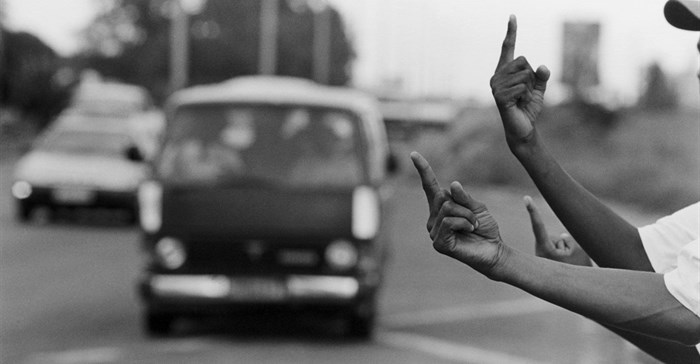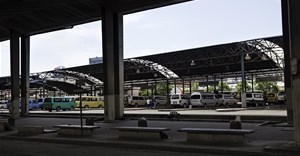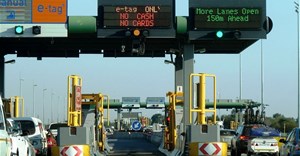Trending



 Does anyone know what content is any more?Justine Drake
Does anyone know what content is any more?Justine Drake

Elections 2024
Prioritising health and safety when using public transport

This, according to Emma Corder, managing director of Industroclean, is the only way in which we can hope to keep coronavirus infection rates under control. "All parties involved in public transport – taxi operators, bus companies, train operators and commuters – have to take the necessary precautions," she says.
The reality is that public transport is a high-risk environment because of the number of people in a confined space with limited ventilation. There is also little if any access control to identify potentially sick commuters as well as a variety of common surfaces to touch such as handrails and doorknobs.
It starts with the wearing of a mask, explains Corder.
"This is a critical way to protect yourself and others, and it is equally important to wear it correctly. Masks block droplets from your sneezes and coughs and minimizes the likelihood of you touching your face and either spreading or coming into contact with the virus from other people."
Eating requires removing the mask in a high-risk situation, so change habits and eat and drink before or after the ride. It will benefit others just as much as it helps you stay safe and virus free, she adds.
Secondly, it’s important that commuters sanitise their hands before and after each trip. Most transport operators provide hand sanitisers but having your own on hand is always advised.
"Carrying your own hand sanitiser will not only keep you safe but also provide peace of mind during your commute," commented Corder. It is important that the sanitisers contain 70% alcohol.
Other tips include:
• First a good deep cleaning and disinfection with a hospital grade disinfectant is advised. It is important that all vehicles be cleaned both in and outside. They need to be wiped down on the inside after both the morning and afternoon peak-hour periods, on a daily basis.
• Regularly deep clean all seats, rails and windowpanes in public service vehicles washing down surfaces with soap and water and disinfect them with a hospital grade disinfectant.
• For normal cleaning, using the spray and wipe method is effective and disinfectants should be freshly prepared and National Regulator for Compulsory Specifications (NRCS) registered.
• Hand washing facilities and alcohol-based sanitisers should be placed at strategic points such as security check points, as well as entrances of public transport interchanges and public toilets.
• Review the stock and availability of essential protection and cleaning equipment and supplies and plan their distribution and refill beforehand.
During travel:
• All individuals accessing a taxi, bus or train must undergo temperature screening.
• Make sure all commuters sanitise their hands before boarding.
• All commuters must wear a mask at all times.
• Provide adequate waste management facilities (waste bins and bin-liners).
• Avoid overcrowding and body contact. Keep a distance from each other. Owners and operators of public transport vehicles are advised to find more innovative ways to avoid overcrowding.
• Ensure good ventilation and respiratory hygiene in all public transport vehicles.
• Avoid handshakes at all times.
"We all have to remain vigilant as the number of coronavirus infections continue to rise. By following these simple daily guidelines we can all work together to keep the infection number as low as possible," says Corder.








